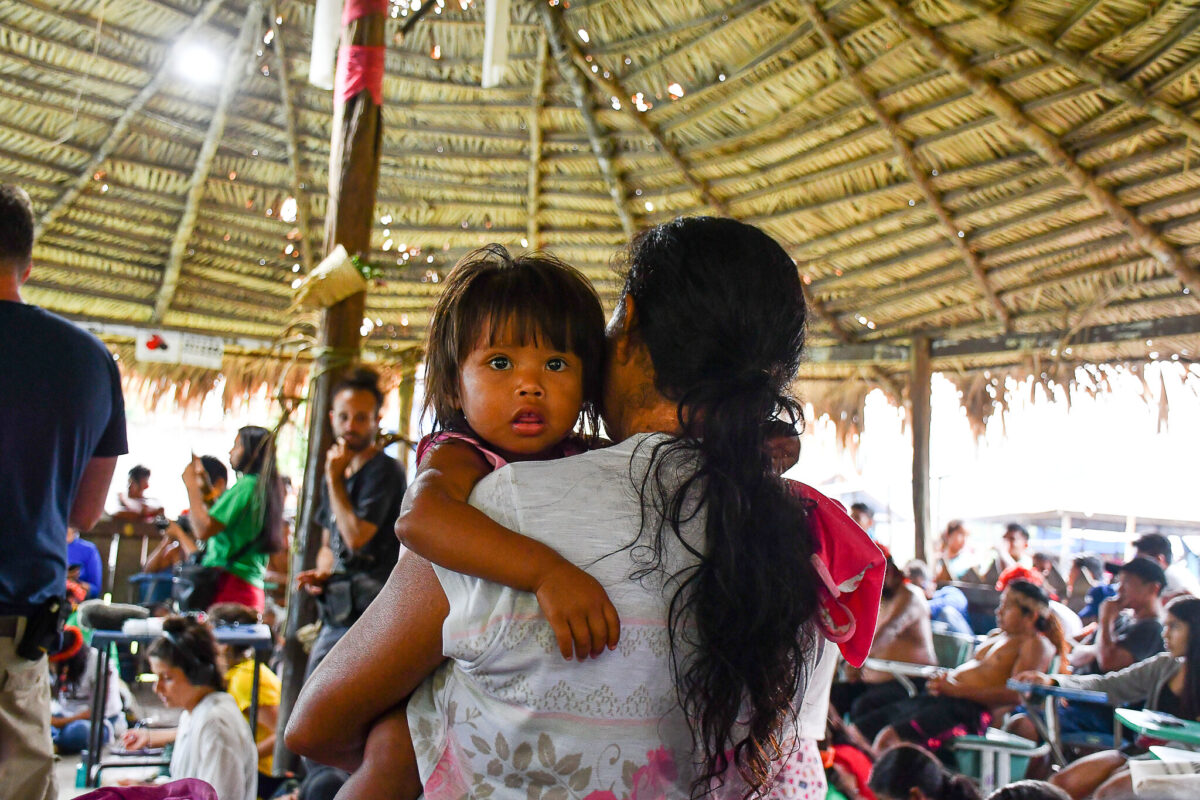- A new law on protected areas in Ecuador is designed to improve security, funding and economic development in the country’s 78 protected areas.
- It creates a new service to oversee management decisions and a trust to generate funding for protected areas, while mandating increased technical training for park rangers.
- It also strengthens partnerships with law enforcement and the military.
- Critics of the law say it militarizes the country’s protected areas and erodes the autonomy of local and Indigenous communities.
Ecuador recently passed a landmark protected areas law aimed at restoring security in the country’s national parks and reserves. The law establishes new government agencies and funding mechanisms, and tries to close legal loopholes that used to leave rainforests vulnerable to development.
Reactions to the legislation have been mixed. Some environmental groups call it a turning point for protected areas, while others say it will militarize conservation efforts and ignore ancestral land rights.
“The objective is to recover and sustainably utilize these areas, diversify the local economy, create dignified employment, reactivate tourism, and ensure the presence of the state in strategic areas for security and development,” the office of President Daniel Noboa said in a statement when he presented the legislation to the National Assembly in June.
Ecuador has 78 protected areas that cover a combined area of more than 26.2 million hectares (64.7 million acres), or nearly a fifth of the country. But the government has recently struggled to provide adequate funding for many of them, and bureaucratic obstacles have made it harder to respond quickly to new threats.
The new law, which entered into force on July 14, creates a National Protected Areas Service meant to centralize funding and management decisions, while monitoring compliance with environmental laws and international treaties. A new public trust will help scale up funding within the new service. It can accept donations and loans for conservation, and will manage the revenue from conservation projects and tourism.
“[The trust] allows for the channeling of national and international resources, guaranteeing the financial sustainability of protected areas,” WCS Ecuador said in a statement.

The law also addresses Ecuador’s security crisis, which has intensified in recent years as criminal groups have expanded their influence in protected areas. Noboa instituted a national state of emergency in January 2024 that critics said militarized the country and undermined human rights.
The new law mandates increased coordination between the National Protected Areas System, the military and law enforcement agencies, allowing them to temporarily intervene in protected areas when criminal groups are clearing the forest for mining, logging, cattle ranching or drug trafficking.
Some environmental groups said the law gives too much power to the armed forces.
“Its mercantile, hierarchical and militarized vision represents a serious normative and institutional regression that violates both national law and Ecuador’s international obligations,” environmental NGO Amazon Frontlines said in a statement.
Noboa originally introduced the bill as an “urgent economic project” that had to be voted on within 30 days. It was placed under the review of the National Assembly’s economic development commission rather than the biodiversity commission, suggesting it was designed to monetize the country’s natural resources, not protect them, critics said.
The law was billed as a pathway to “reactivating” development in protected areas through tourism and private investment.
In a statement, numerous Indigenous communities expressed concern about not being consulted about the law, since their territories often overlap with protected areas and could be affected by the increased development. Specifically, they’re concerned about public-private partnerships that aim to attract foreign investment inside fragile ecosystems.
“This new law aims to privatize the country’s protected areas and put them in the hands of private companies, allowing them to exploit Ecuador’s resources as part of an economic recovery plan,” several Indigenous groups said in the statement.

At the same time, the law acknowledges the participation of Indigenous groups in the management of protected areas, and the need for free, prior and informed consent as laid out in the country’s constitution. It also requires the implementation of participatory governance mechanisms, and respect for nature and the collective rights of Indigenous peoples.
A mandate for hiring new park rangers also emphasizes the need to hire people in local communities because they have historical ties to protected areas.
“We have to understand that there are many communities who live in or near these protected areas and who depend on the resources they provide,” María Verónica Iñiguez, a member of the National Assembly, said during a development commission meeting in June. “They cannot be excluded.”
Ecuador’s constitution already prohibits the extraction of nonrenewable resources from protected areas and from areas declared intangible, including the territory of peoples living in voluntary isolation. But it also says they can be exploited with a request from the president or National Assembly, most notably if the resources are in the national interest.
That loophole led to the development of the Ishpingo-Tambococha-Tiputini (ITT) oil block in 2016, located inside Yasuní National Park, Ecuador’s largest protected area. The country decided via referendum to shut down the oil block in 2023.
The new law attempts to protect against activities like the ITT oil block, explicitly banning the extraction of nonrenewable resources in protected areas.
“Under no circumstances will the implementation of plans and/or programs for the exploration, exploitation, and commercialization of nonrenewable resources located within protected areas be permitted,” it says.
Banner image: The Amazon Rainforest in Ecuador. Image by Rhett Ayers Butler.
See related from this reporter:
Ecuador must improve conditions for uncontacted Indigenous communities, human rights court rules
FEEDBACK: Use this form to send a message to the author of this post. If you want to post a public comment, you can do that at the bottom of the page.














